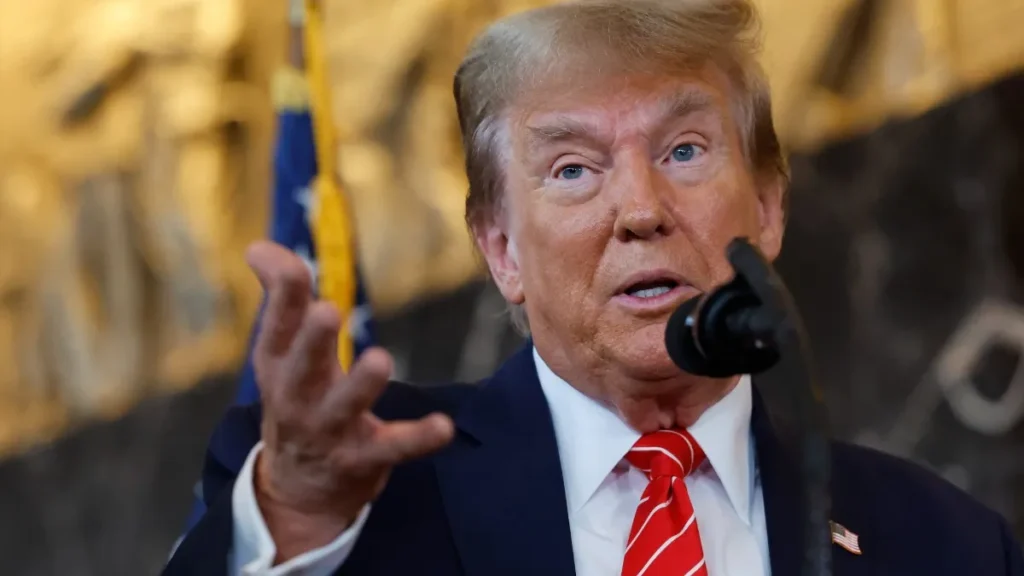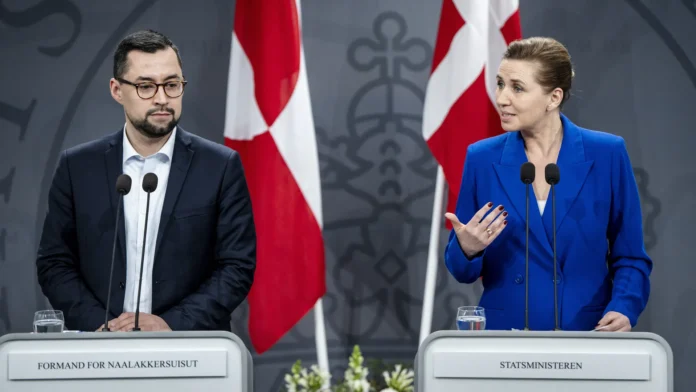Introduction
Greenland political donations ban is now under serious consideration as the island nation moves to protect its democratic process. The Greenlandic parliament, Inatsisartut, is currently debating legislation that would prohibit political parties from accepting contributions from foreign or anonymous donors. This proactive measure follows heightened geopolitical interest in Greenland, particularly after former U.S. President Donald Trump openly expressed ambitions to take control of the vast Arctic territory.
Why Is Greenland Considering a Political Donations Ban?
Greenland’s government is aiming to preserve political integrity in light of external pressures and international interest. The proposed bill would:
- Ban foreign and anonymous political donations to prevent undue influence.
- Limit private domestic contributions to 200,000 Danish kroner (about $27,700) per party and 20,000 kroner (about $2,770) per individual.
- Take effect immediately to ensure transparency ahead of upcoming parliamentary elections, which must be held no later than April 2024.
According to legal experts, this move is largely preventative, as there is currently no public record of foreign donations influencing Greenland’s political parties.
The Trump Factor: U.S. Interest in Greenland

Former U.S. President Donald Trump famously stated his interest in acquiring Greenland, citing its strategic military location and rich natural resources. Recently, Trump reiterated this stance, claiming that U.S. control over Greenland is crucial to national security. His son, Donald Trump Jr., even visited the island last month, assuring locals that “We’re going to treat you well.”
This renewed attention has raised concerns among Greenlandic lawmakers about potential foreign interference in the nation’s democratic process.
Geopolitical Implications: Beyond the U.S.
While Trump’s interest in Greenland has been widely publicized, Russian politicians have also expressed interest in the island’s geopolitical significance. Greenland’s proximity to the Arctic, its vast mineral resources, and its strategic location have made it a point of interest for multiple global powers.
By implementing a political donations ban, Greenland aims to assert its sovereignty and prevent external influence from dictating its future.
Public and Political Reactions
The proposed law has received mixed reactions:
- Supporters argue that it is a necessary safeguard to prevent foreign entities from manipulating Greenland’s democratic process.
- Critics question whether the bill is truly necessary or if it is a symbolic gesture given the lack of evidence of foreign donations so far.
As parliamentary discussions continue, the government remains firm in its stance that the bill is essential for ensuring political transparency and self-governance.
Conclusion: A Critical Step for Greenland’s Political Future
The Greenland political donations ban is a decisive step toward securing the nation’s democratic foundations in the face of growing international interest. Whether the bill passes or not, one thing is clear—Greenland is determined to maintain its political independence and protect its electoral process from foreign influence.
Stay updated as the situation develops, and let us know your thoughts: Should Greenland impose stricter laws to safeguard its democracy?


